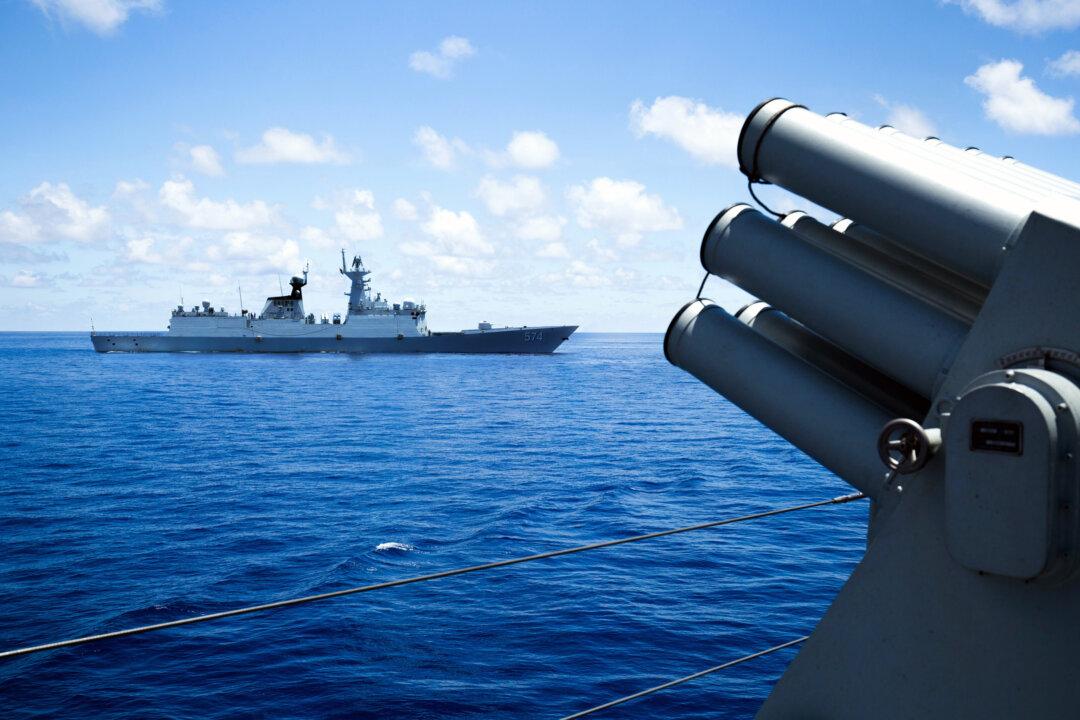Malaysia on Monday summoned the Chinese ambassador for the second time since June to “protest” the presence of Chinese vessels in the country’s exclusive economic zone, the foreign ministry said.
The Malaysian Ministry of Foreign Affairs said in a statement that it called in ambassador Ouyang Yujing to “convey Malaysia’s position” and protest against the “presence and activities” of Beijing’s vessels, including a survey vessel, in Malaysia’s Exclusive Economic Zone off the coasts of the eastern states of Sabah and Sarawak.





